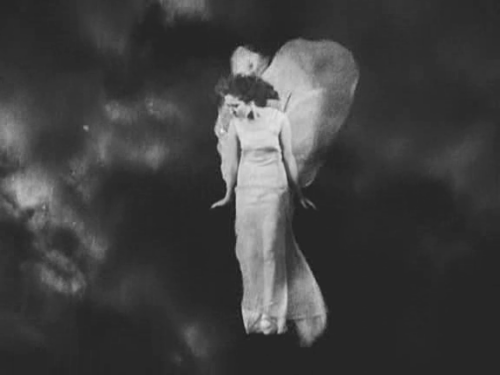**“The atoms that tore Hiroshima and Nagasaki apart were split not by the greasy fingers of a general, but by a group of physicists armed with a fistful of equations.”
“The sleep of reason produces monsters.”
What if the monsters are present not because reason isn’t awake to fend them off but because reason, in its slumber, actively generates them? If monsters can exist not despite reason but as a consequence of it, then perhaps we’re not as safe in the rational world—the land of logic and science—as we thought.
Like Sebald, Labatut sees history’s patterns as cyclical rather than linear, crossing similar terrain again and again as they wend their way toward disaster. But he is focussed equally on the question of what happens once we become aware of the enormity of the destruction that humankind is capable of inflicting on the world—and whether our brains are wired to cope with that fatal understanding. After such knowledge, what forgiveness?
from: **New Yorker review by Ruth Franklin: When We Cease to Understand the World, Benjamin Labutut
When We Cease to Understand the World, Benjamin Labutut








No comments:
Post a Comment